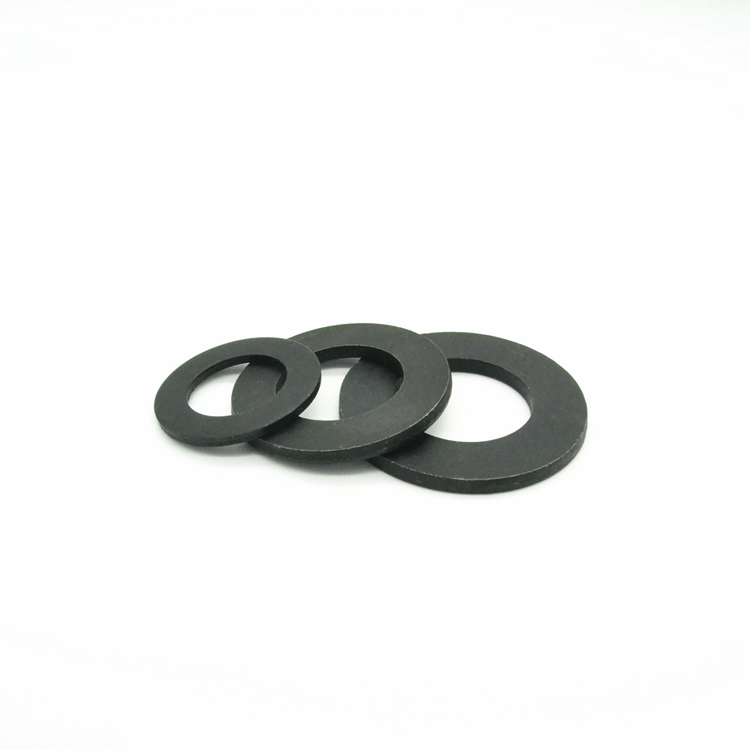High-Quality Carriage Bolts from Leading Manufacturers for Your Construction Needs
Δεκ . 26, 2024 03:02 Back to list
High-Quality Carriage Bolts from Leading Manufacturers for Your Construction Needs
The Evolution and Importance of Carriage Bolts A Focus on Manufacturers
Carriage bolts, also known as coach bolts, are essential fasteners widely used in various construction and woodworking applications. Distinguished by their smooth, round heads and square necks, carriage bolts provide a unique combination of strength and reliability, making them an indispensable component in countless projects. This article will explore the evolution of carriage bolts, the role of manufacturers, and the current trends shaping the industry.
Historical Overview
The origins of carriage bolts can be traced back to the early days of carpentry and metalworking. During the 18th and 19th centuries, as the industrial revolution began, the demand for robust fastening solutions soared. Carriage bolts emerged as a reliable option for securing wooden structures like wagons and barns. Their design allowed for easy installation, as the square neck of the bolt would grip the wood, preventing the bolt from turning when tightened.
As technology advanced, so did the manufacturing processes for carriage bolts. Early production methods were labor-intensive, often relying on blacksmiths to forge each bolt by hand. However, with the advent of mass production and improved metallurgy, manufacturers began to produce carriage bolts in large quantities, allowing for wider distribution and more competitive pricing.
The Modern Manufacturing Process
Today's carriage bolts are typically made from various materials, including steel, stainless steel, and even plastic for specific applications. The manufacturing process involves several key steps metal selection, forging, machining, heat treatment, and surface finishing.
1. Material Selection Manufacturers choose materials based on the intended use of the carriage bolts. For instance, stainless steel options are popular for outdoor applications due to their corrosion resistance, while carbon steel may be favored for indoor projects that do not require weatherproofing.
2. Forging The initial shaping of the bolts is often done through forging, where heated metal is shaped under pressure. This method increases the strength of the bolts and ensures a consistent quality throughout the batch.
3. Machining After forging, the bolts undergo machining processes to create threads and achieve precise dimensions. This step is crucial for ensuring that the bolts fit correctly with their corresponding nuts or within pre-drilled holes.
4. Heat Treatment To enhance the strength and durability of carriage bolts, many manufacturers apply heat treatment. This process alters the physical properties of the metal, resulting in a more resilient final product.
5. Surface Finishing The last step involves surface treatments such as galvanizing, coating, or polishing. These finishes not only improve the aesthetic appeal of the bolts but also enhance their resistance to rust and corrosion.
carraige bolts manufacturer

The Role of Manufacturers
Carriage bolt manufacturers play a crucial role in ensuring the availability and quality of these essential fasteners. These companies are responsible for innovation in design and material selection, often responding to changing market demands and standards. Many manufacturers also focus on sustainability, adopting eco-friendly practices in their operations. This includes recycling materials, reducing waste, and utilizing energy-efficient manufacturing techniques.
Collaboration between manufacturers and consumers is also vital. Manufacturers often engage with builders, engineers, and designers to understand their needs and develop customized solutions. This partnership helps create products that not only meet safety and quality standards but also provide practical benefits in the field.
Current Industry Trends
As we move further into the 21st century, several key trends are emerging in the carriage bolt manufacturing industry
- Sustainability Many manufacturers are prioritizing sustainable practices in production. This includes using recycled materials and adopting clean energy sources in manufacturing processes.
- Technological Advancements Automation and precision engineering are becoming increasingly common in manufacturing. These technologies allow for higher production rates and improved accuracy in product specifications.
- Global Sourcing Many manufacturers are expanding their sourcing capabilities to include global suppliers. This strategy helps to minimize costs and access a wider range of materials and technologies.
- Customization There is a growing demand for customized carriage bolts tailored to specific applications. Manufacturers are investing in flexible production processes to meet these custom requirements efficiently.
Conclusion
Carriage bolts are a testament to the importance of reliable fasteners in construction and woodworking. As manufacturers continue to evolve and adapt to new challenges, the quality, variety, and availability of carriage bolts will undoubtedly improve. Whether for a simple household project or a large construction endeavor, understanding the role of carriage bolt manufacturers helps consumers make informed choices and appreciate the craftsmanship behind these essential tools.
Latest news
-
High-Quality Bolts for Lawn Mower Handle Supplier & Manufacturer
NewsAug.21,2025
-
Reliable Axle Nuts Supplier | High-Quality Automotive Parts
NewsAug.19,2025
-
Premium Wire Bolts Suppliers | Durable & Reliable Fasteners
NewsAug.18,2025
-
Leading Metric Wood Screw Companies & Manufacturers
NewsAug.17,2025
-
Top Wire Bolts Suppliers - Quality & Durable Fasteners
NewsAug.15,2025
-
Trusted Wire Bolts Company | Quality Fasteners Supplier
NewsAug.14,2025
